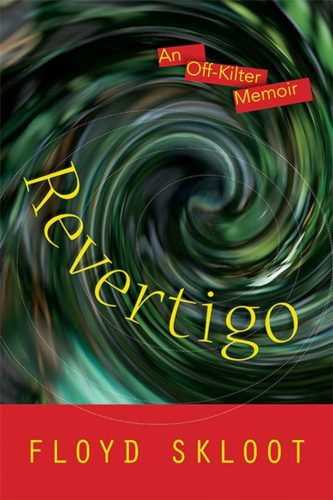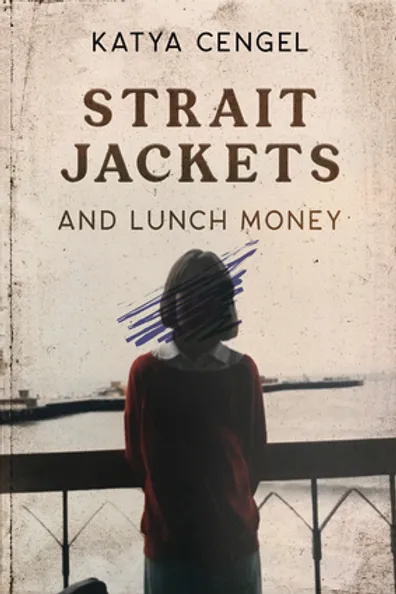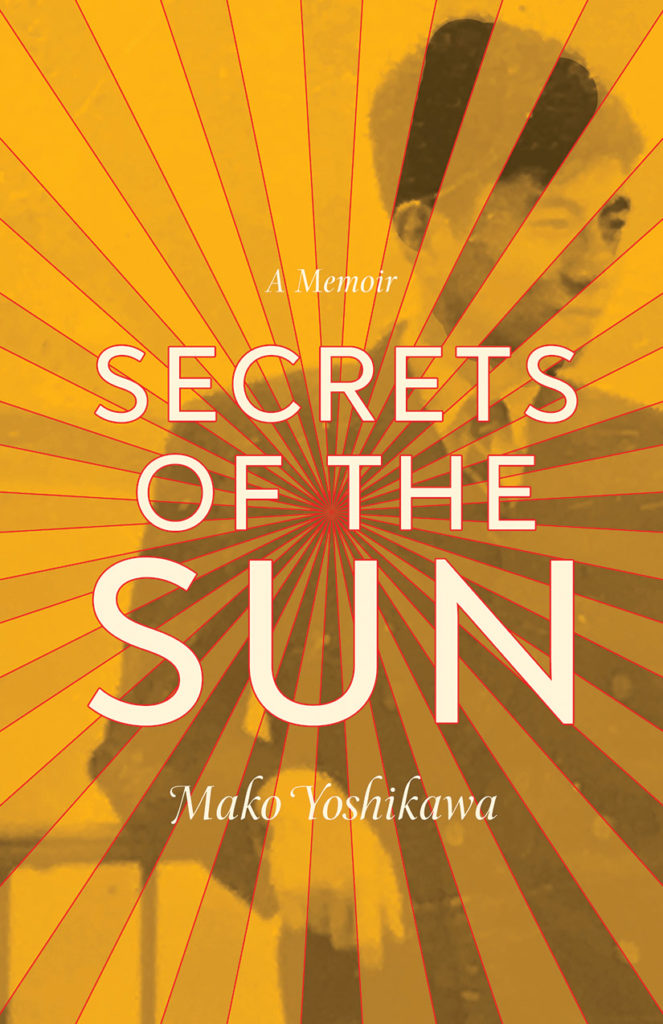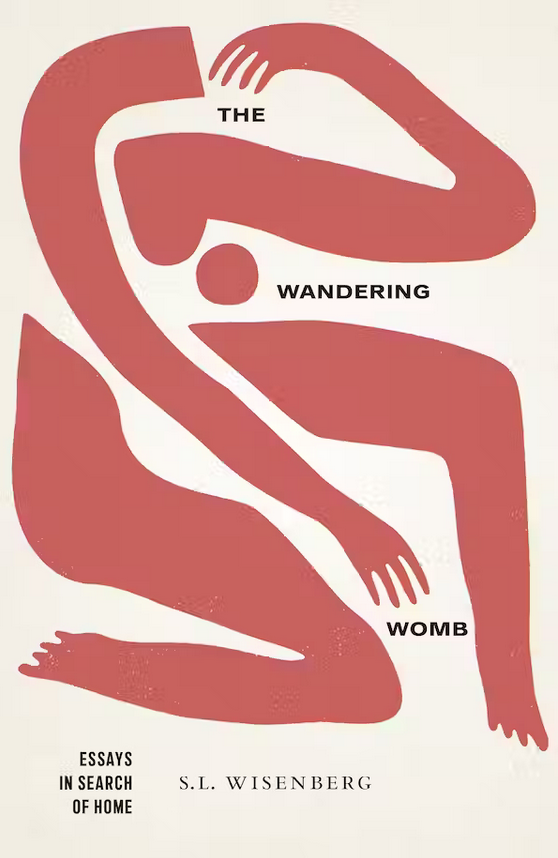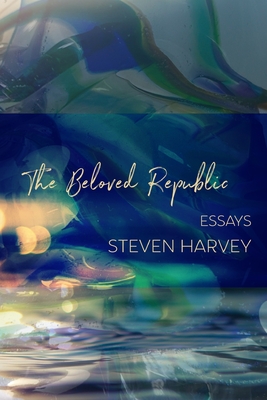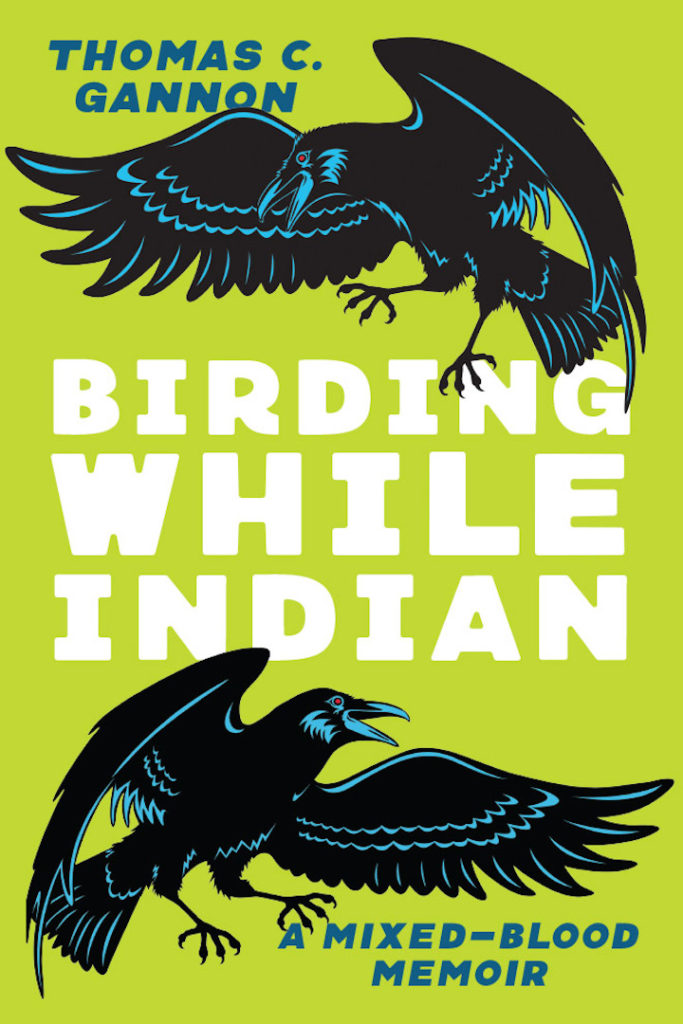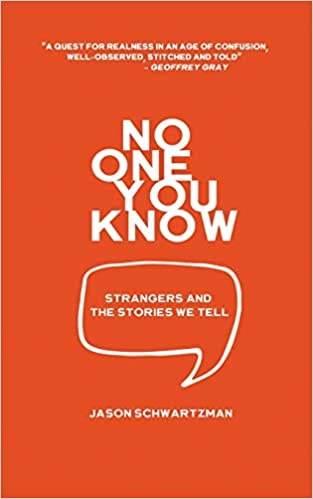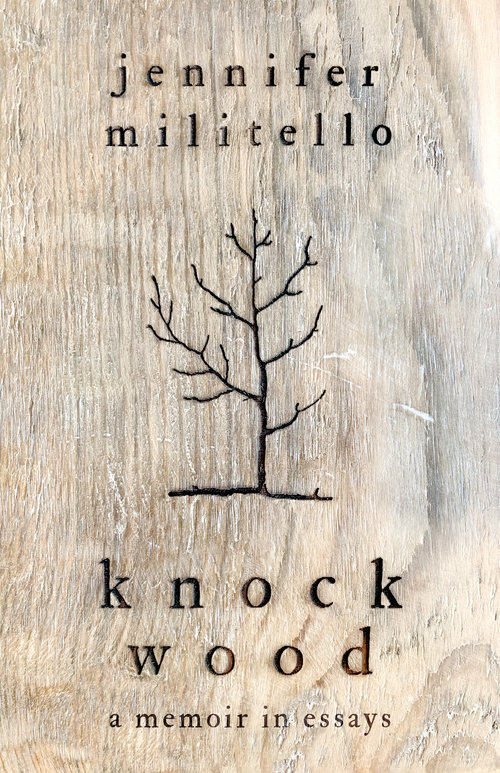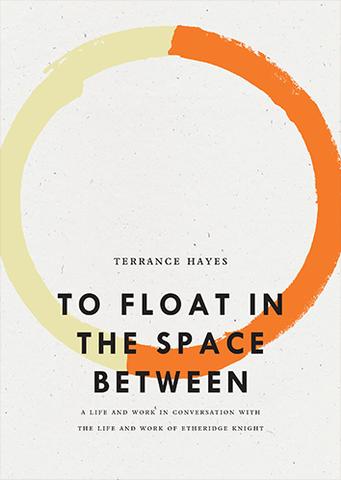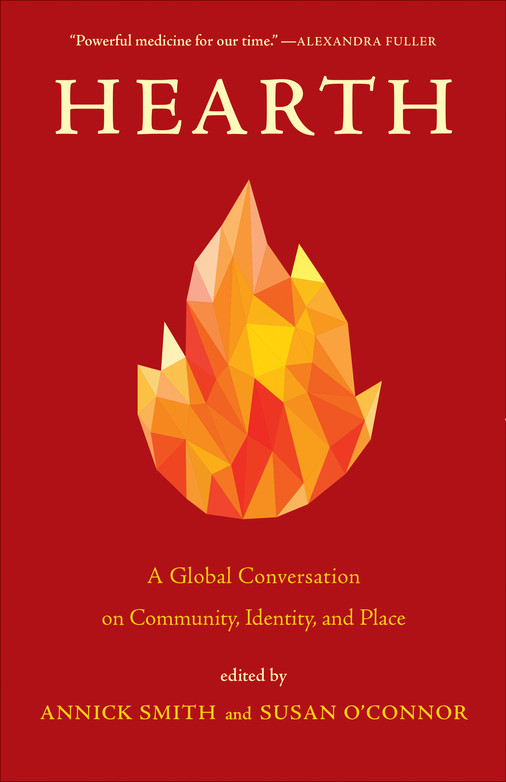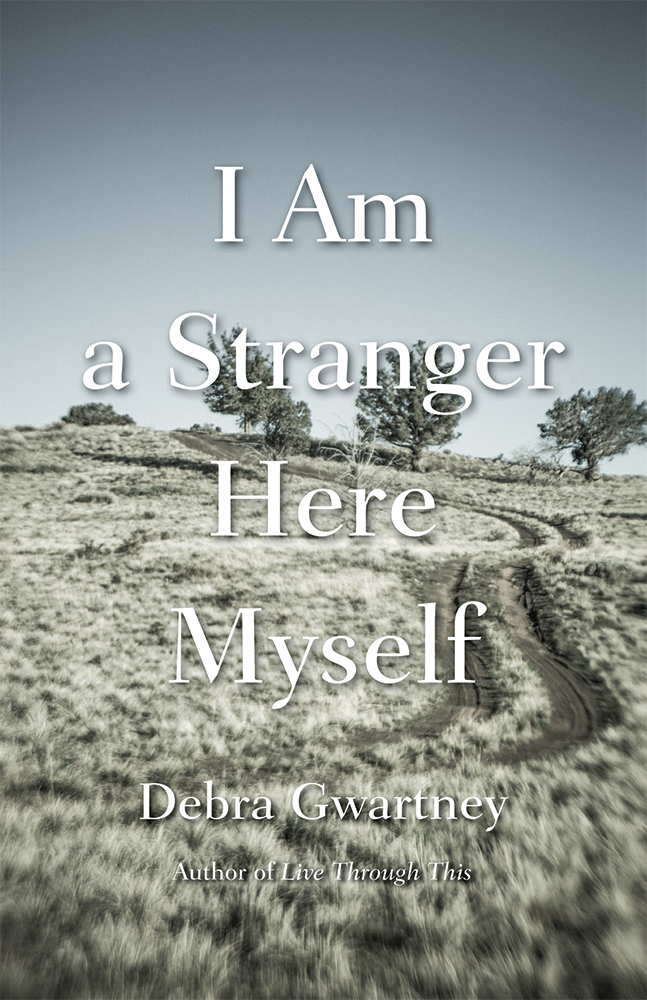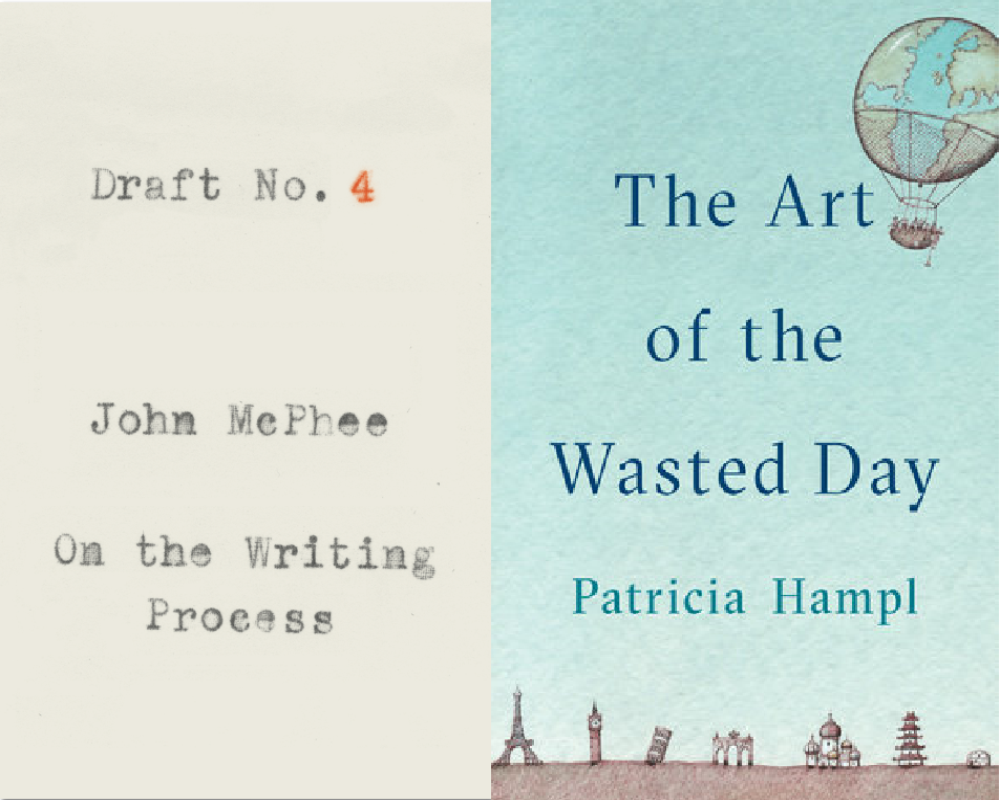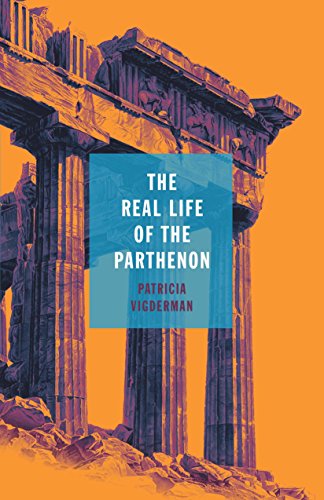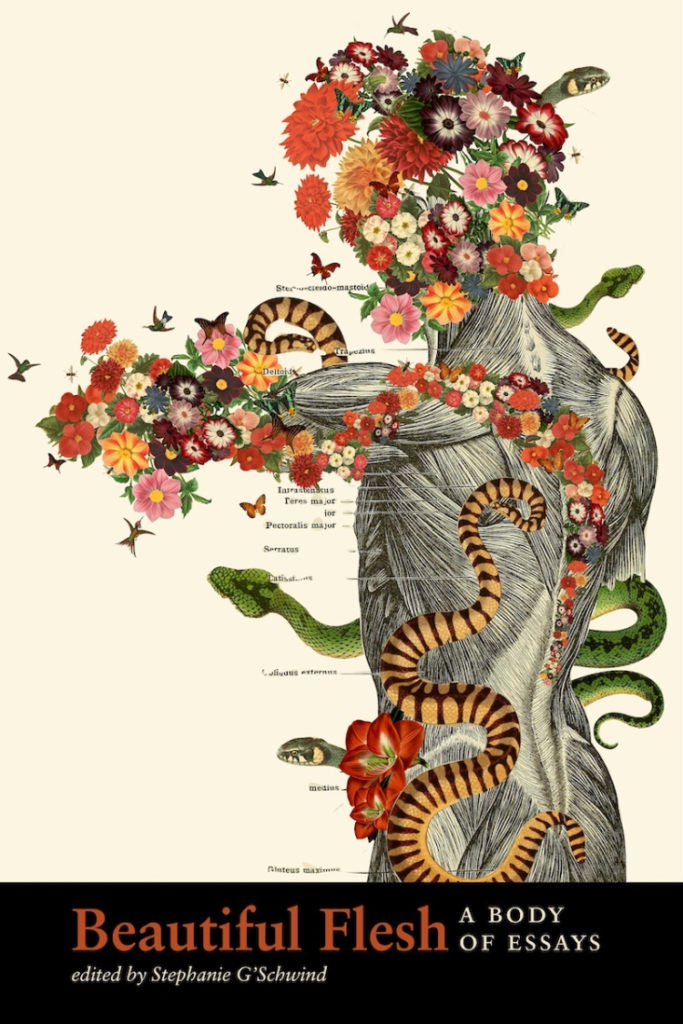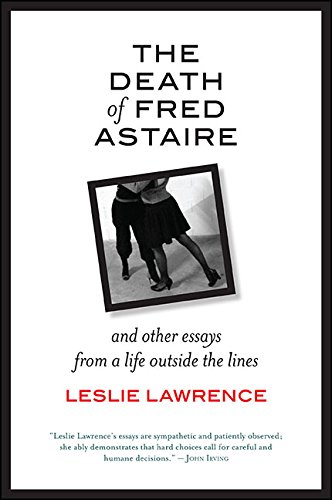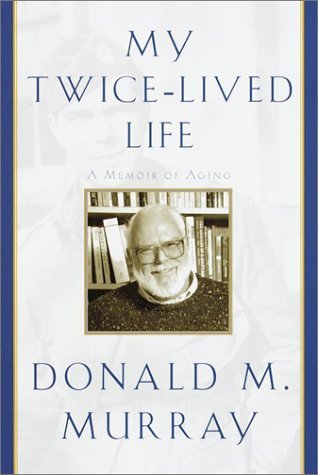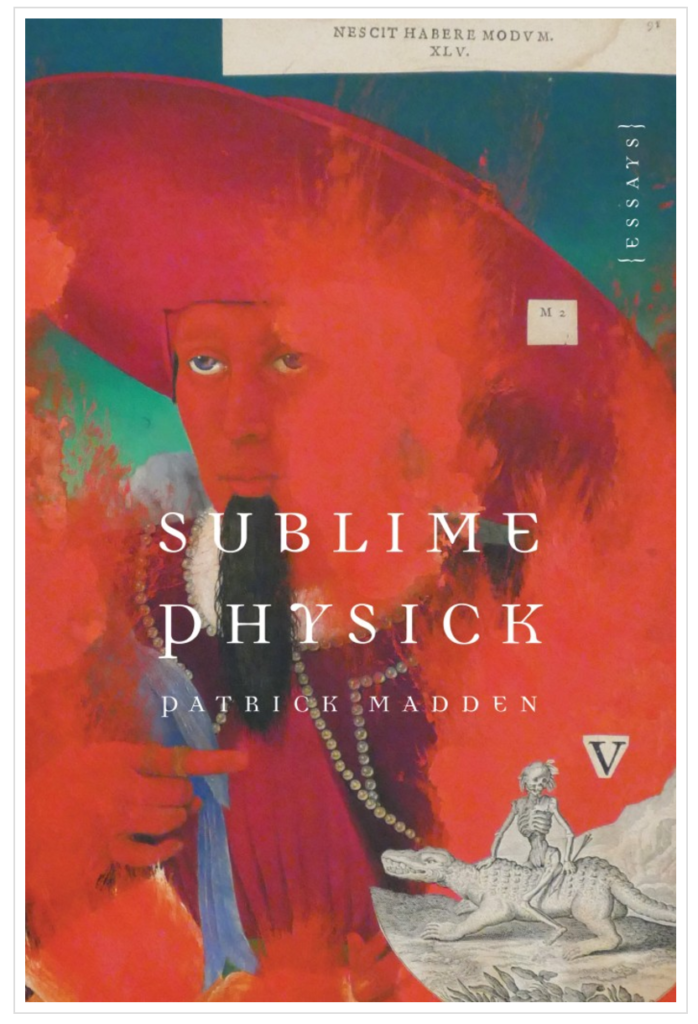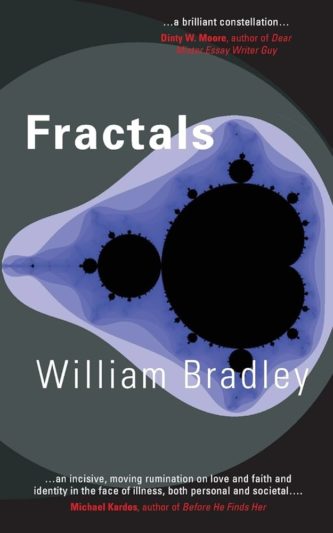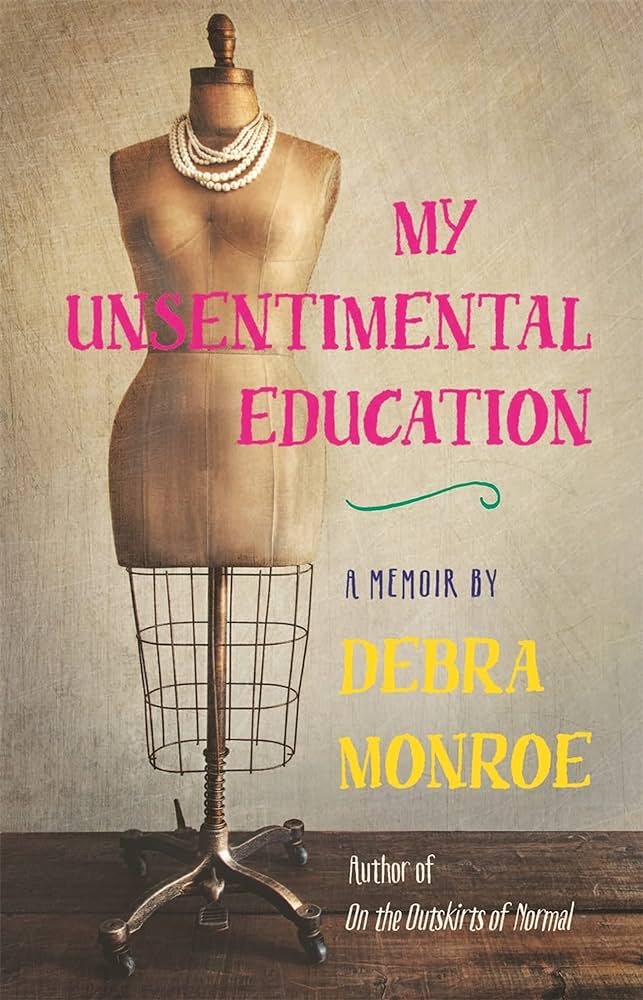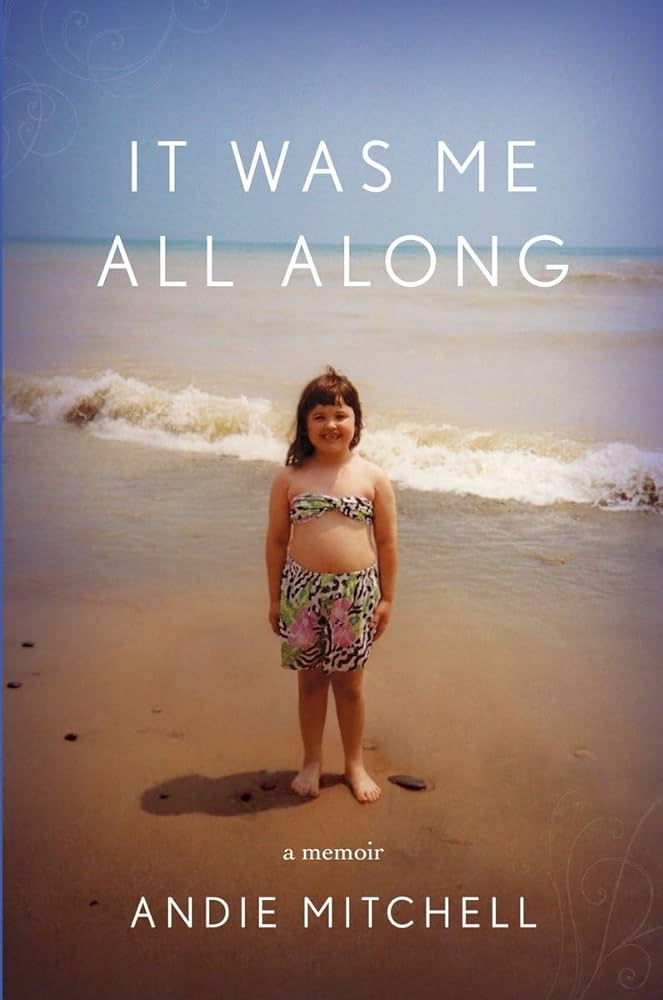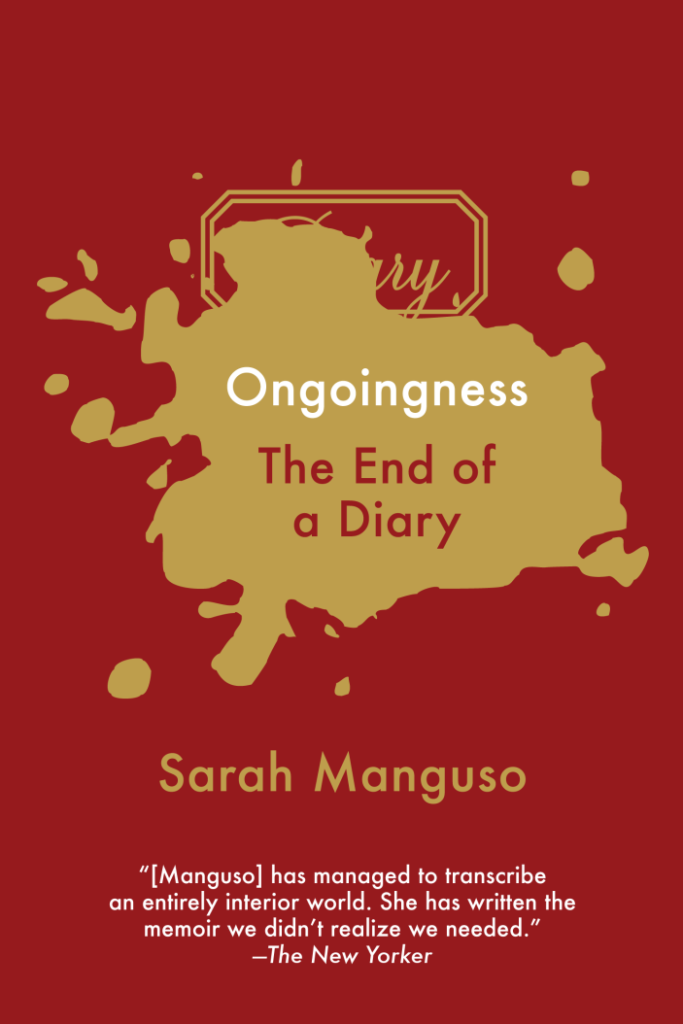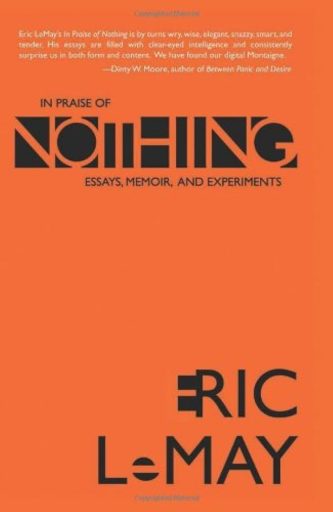By Robert Root
on Floyd Skloot’s Revertigo: An Off-Kilter Memoir
We generally refer to essays and memoirs as if they were distinct forms of creative nonfiction, but when we encounter specific works, those categories seem harder to apply. Is this short first-person reflective narrative a personal essay or a memoir? Does this series of thematically linked “chapters” that read like stand-alone essays add up to a memoir or to an essay collection?
Floyd Skloot tackles some of this confusion in his prologue to Revertigo: An Off-Kilter Memoir. All of its fourteen chapters were originally published separately in literary journals and sometimes recognized as “Notable Essays” in The Best American Essays series. Only four chapters, the most powerful section of the book, are specifically devoted to the 138 days of vertigo Skloot suffered in 2009, but he argues that, since his writing had been “exploring balance and its loss [ . . . ] the forces of uncertainty and sudden change and displacement,” he had “already been writing this book” even before the attack. The vertigo, in a sense, called his attention to a theme he’d loosely been working on. In his subtitle, then, the term “Off-Kilter” is more significant than the term “Memoir.”
Illness has been a persistent topic in Skloot’s writing. His award-winning first memoir, In the Shadow of Memory (2003), recounted how virally-induced brain damage left him disabled, physically vertiginous and psychologically disoriented, his memory battered, and how, over time, he worked his way back to a level of control over his cognitive powers. That memoir was compelling and poignant and followed by two more memoirs—A World of Light (2005) and The Wink of the Zenith: Shaping a Writer’s Life (2008)—as well as by essays, poetry, and fiction. He felt his more recent and short-term attack of vertigo didn’t merit “a traditionally structured conventional memoir,” but it gave him a chance to spiral out from that experience and explore his sense that “vertiginousness has always been a part of my life.” The term “revertigo” then simultaneously implies a recurrence of vertigo and an intention to make each chapter about vertigo, even if the medical condition is absent.
Some readers may find the thematic links among the chapters to be somewhat tenuous. He examines incidents in his adolescence (a production of The King and I, an effort to eradicate his Brooklyn accent, his relationship with a Nash Rambler), his involvement with literature (playing the title role—a rooster—in Beckett’s Cock-a-Doodle Dandy, being unable to finish reading certain books and relishing certain others, developing a passion for Jules Verne), and, post-vertigo, his travels in Spain and England and his attempt to cook a suspicious family recipe.
And yet readers familiar with Skloot’s writing will be aware that his composing process for the past twenty-five years has involved writing in fragments and finding ways to let the fragments coalesce into elegant and artful passages. There are a great many rewards to be found in Skloot’s prose. In “Sway Me Smooth: Soundtrack for an MRI of the Brain,” he recreates his experience in an MRI machine as he tries to avoid the roar of the scanner by listening to old standards on headphones; lyrics title the segments and trigger memories and associations even as the scanner rumbles and jackhammers on. In “Playing the Cock,” in a role as “the incarnation of sexual power,” he tells us, “I’d been reading about Method Acting. How would Marlon Brando approach the role of the Cock? I needed to immerse myself in cockness.” He laments, “When the director had ordered me to conduct fieldwork, I know he didn’t mean what I wanted him to mean.” Throughout the book the reader encounters a rich blend of candid reflection and self-deprecating humor.
Much of what Skloot deems “off-kilter” seems the kind of emotional imbalance with which we can all identify. Each chapter is alive not only with narrative memories but also with personal associations, pertinent research, and literary references. In the chapter on The King and I, we learn that the musical was “based on a movie based on a novel based on a memoir based on lies and falsehoods,” and that Skloot’s mother performed as Lady Thiang, the first and most devoted of the king’s twenty-three wives. Her impressive rendition of “Something Wonderful” leads her son to muse: “Where was that loyal, loving, forgiving, self-contained version of my mother when we were all at home, where my mother was so angry, volatile and bitter?” Throughout the book the links between personal experience and cultural interpretation are lively and evocative.
Skloot is adept at inhabiting a scene and inspiring the reader to inhabit it as well. In “The Side Effect of Side Effects,” he tells us, “I dreamed I was asleep dreaming that I was sick. Since I’ve been sick so long, I’m used to dreaming about being sick. [ . . . ] But now I was dreaming that I was dreaming that I was sick, a new turn in the labyrinth.” In the title essay, “Revertigo,” where he learns this bout of vertigo will likely be short term and hunts for the cane he had put aside after fifteen years, he takes us into the experience this way:
If vertigo came with a soundtrack, it would sometimes be train or trolley wheels grinding and screeching on tracks as the car turns and almost tips over. Other times it would be a treetop filled with the ruckus of rioting crows in a sudden windstorm. Helpless, untethered, I keep feeling the urge to reach for something still and stable to steady me, but there’s too much give in everything.
“Anniversary Fever,” perhaps the most reflective essay, mulls over the passage of time and his commemoration of his losses and gains:
the marking of anniversaries has become vital to my sense of self. It connects me to a past that became fundamentally elusive when brain damage corrupted memory’s function, and it affords me a feeling of stillness, even calm, amid the racing of events through time.
Again and again, through these companionable essays, Skloot generates a sense of calm despite the tentativeness and the uncertainty that runs through day-to-day existence. Memory and meaning keep surfacing regardless of confusion and imbalance. The ground is solid no matter how much it seems to waver. As either essayist or memoirist—or as both at the same time—Floyd Skloot is engaging, open, and insightful, and Revertigo will reverberate in the reader long after the reading.
Revertigo: An Off-Kilter Memoir by Floyd Skloot
$26.95 Cloth | Buy Now | www.floydskloot.com
Robert Root is the author of the memoir Happenstance and the essay collections Postscripts: Retrospections of Time and Place and Limited Sight Distance: Essays for Airwaves, as well as of the craft book The Nonfictionist’s Guide: On Reading and Writing Nonfiction. He is also editor of Landscapes with Figures: The Nonfiction of Place and co-editor of The Fourth Genre: Contemporary Writers of/on Creative Nonfiction. He teaches nonfiction in the Ashland University low-residency MFA program. www.rootwriting.com

